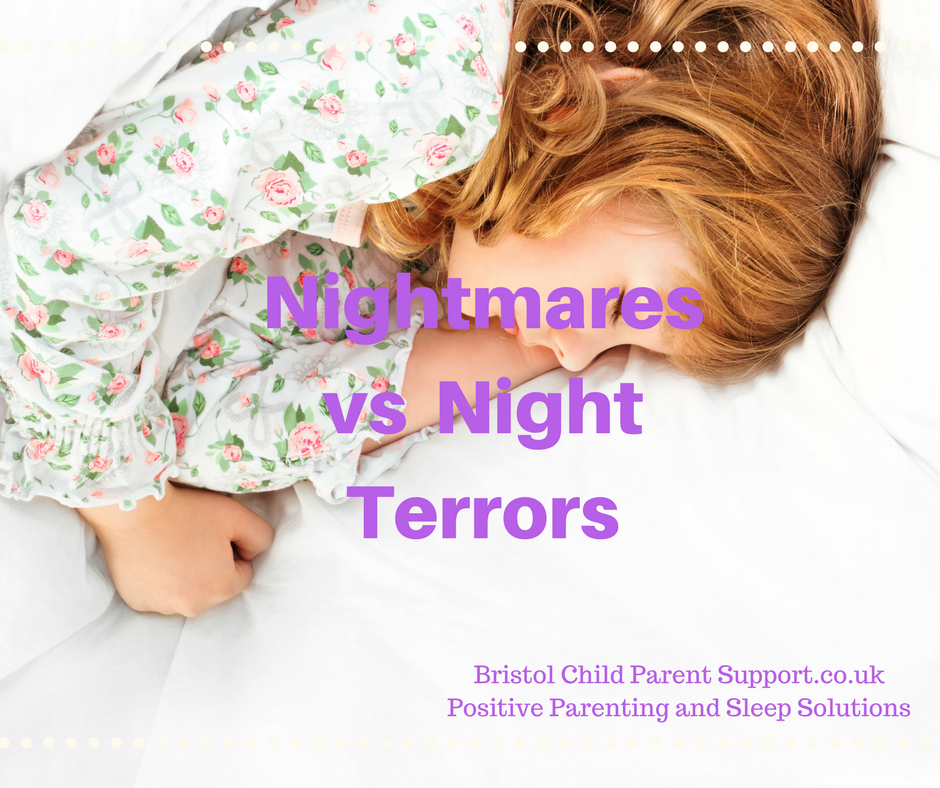Nightmares
As Autumn draws in, the evenings get dark, which can upset children. Waking in the middle of the night from a bad dream can frighten children. Nightmares, although a perfectly normal part of childhood, are scary for youngsters and, if they become habitual, can be unsettling for their parents.
What is Normal?
Studies show that as many as 40% of children between 5-12 experience occasional nightmares. Night terrors, more disturbing episodes, are seen in up to 4% of children in that age category. Nightmares can begin as early as two years, but typically peak in frequency a few years later. In children who experience nightmares, they sometimes happen every week. So, restless sleep from scary dreams is quite natural in childhood.
Nightmares vs Night Terrors
Both nightmares and night terrors can be frightening, but there are distinctive differences between the two. Nightmares are scary dreams typically occurring during a light sleep stage. Children experiencing a nightmare often call out for their parents or get out of bed to go to them. Usually, the child can recall the dream, which allows parents to help calm the child’s fears.
Night terrors, on the other hand, are experienced in NREM, and frequently, a child will not fully wake when in the midst of one, instead appearing frightened and disoriented, but probably still asleep. It’s frightening as your child may scream. Upon awakening, a child usually cannot recall experiencing a night terror. They may last several weeks. We don’t know why children experience these; it could be a fever or emotional events, but provide that the child gets enough DEEP sleep.
What Do They Mean?
Sometimes, getting to the bottom of your child’s nightmares is pretty simple. If there has been some recent turmoil in their life, such as a move, a death in the family, or a divorce, it is not uncommon for a child to work through some of their fears and emotions during sleep. Typically, a child will have a dramatic decrease in nightmares within about six months after such an event. Scary movies can bring on nightmares for some children – if your child is sensitive, you may want to limit watching challenging television programmes or books. Remember, children have a fantastic vivid imagination.
What’s the best way to manage a Night Terror?
- There is no treatment; sometimes, waking them 15 minutes before it occurs may help.
- Ensure the upstairs is safe; your child may sleepwalk, so putting up a stair gate may be helpful.
- Don’t wake them up; stay calm and gently be with them for the duration of the nightmare. Once they are awake, you can bring them to the toilet if needed.
- Children use play to master their emotions, so you can use space to de-stress your child. Please ensure your child gets enough deep sleep.
I hope it helps, and if you have any sleep difficulties, contact me for a sleep consultation. With Love Catherine


